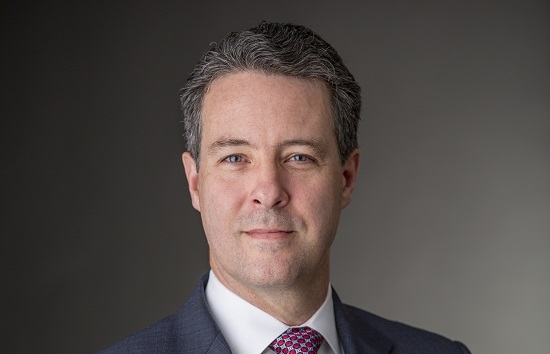Twin hopes for South African SBL

Market
participants expect to see an uptick in demand to borrow securities in South
Africa driven by a soon-to-be-introduced shorter settlement cycle. Johannesburg
Stock Exchange (JSE), the country's premier bourse, will switch its settlement
period from five days to three (T+3) in July.
When the time it takes for the seller to receive
payment and buyer to take ownership shortens to 72 hours, it is likely to cause
more failed trades. However, it is anticipated that there will be a net benefit
to the market – as assets being released more quickly from the settlement process
and increased securities lending volume should both drive liquidity.
"We
definitely expect to see an increase in demand to borrow securities, especially
around the shorter settlement cycle," said Juanita Taylor, head of
securities lending at Standard Bank, at the Cape Town event in April. "Ideally,
we need to encourage more lenders to come into market, or increase the
percentages of assets available for lending, to ensure T+3 is effective."
More than twenty institutions make up South
Africa’s securities lending market, including banks, insurance companies,
pension funds, asset managers and service providers. A survey of South African
lenders last year estimated that around ZAR130bn ($8.5bn) of securities were on
loan in the republic at any given time.
JSE’s head of operations for clearing &
settlement, Brett Kotze, says the move to T+3 is the biggest financial project
for South Africa in over two decades. Kotze, one of the main architects behind the
move, says it will align South Africa’s capital markets with global best
practice, increase foreign investment and ultimately mitigate systemic and
settlement risk.
The project has taken several years and relied on
close collaboration between market participants. The go-live date for T+3 is 11
July this year. "We’re now switching to a market and user readiness focus
with T+3," Kotze said.
In Europe, a T+2 settlement period was introduced
across 27 markets in 2014. Post-trade giant the Depository Trust & Clearing
Corporation (DTCC) has recommended shortening cycle for US equities, municipal
and corporate bonds from T+3 to T+2 but work on shortening the settlement cycle
is still continuing.
Hedge funds boost
The introduction of rules splitting South African
hedge funds into two categories, qualified and retail, could mark a watershed
moment for the industry, according to market participants at the Global Investor/ISF event.
Gyongyi King, chief investment officer of
Johannesburg-based Caveo, a fund of hedge funds, said the legislation should spark
some life into an industry which has been "stagnant" for years.
Hedge funds
have officially been regulated under the Collective Investment Schemes Control
Act (CISCA) since April 2015 but existing hedge funds have until October of this year
to comply.
"Apart from market growth, South Africa's
hedge fund industry hasn't gathered a substantial number of new investors in
recent years," King said. "CISCA – potentially – opens up the hedge
fund market to the everyday retail investor and results in increased flows to
the industry."
Institutional investors, including pension funds,
are also becoming more comfortable with the idea of investing in hedge funds
thanks to the legislation, which allows for two types of structures. A
Qualified Investor Fund (QIF) is intended for large investors of over R1m
($70,000) and who have a knowledge of the market.
The other form is Retail Hedge Fund (RF), which has
no restrictions as to who can invest but must conform to contain criteria in
terms of the amount of leverage the fund can utilise as well as the type of derivatives
and securities in which it can invest.
Matthew Milne, vice president of prime finance at
Deutsche Bank in South Africa, said he expects the country's hedge fund
industry to grow "at significant multiples" compared to traditional
asset managers due to the new approach.
Although both King and Milne agree that CISCA will
place an increased administrative burden on hedge fund managers, they believe that
the increase in investor confidence should outbalance the cost of compliance. It
is likely to be a gradual process, however, as the market players get to grips
with the requirements.
Rules introduced in 2011, which allowed pension
funds to invest up to 15% of assets under management into alternative funds,
whether local or foreign, failed to live up to expectations in terms of
increased business. Other barriers remain, King added, including burdensome
regulation in South Africa already in place, making it tough to launch a new
hedge fund.
Found this useful?
Take a complimentary trial of the FOW Marketing Intelligence Platform – the comprehensive source of news and analysis across the buy- and sell- side.
Gain access to:
- A single source of in-depth news, insight and analysis across Asset Management, Securities Finance, Custody, Fund Services and Derivatives
- Our interactive database, optimized to enable you to summarise data and build graphs outlining market activity
- Exclusive whitepapers, supplements and industry analysis curated and published by Futures & Options World
- Breaking news, daily and weekly alerts on the markets most relevant to you




